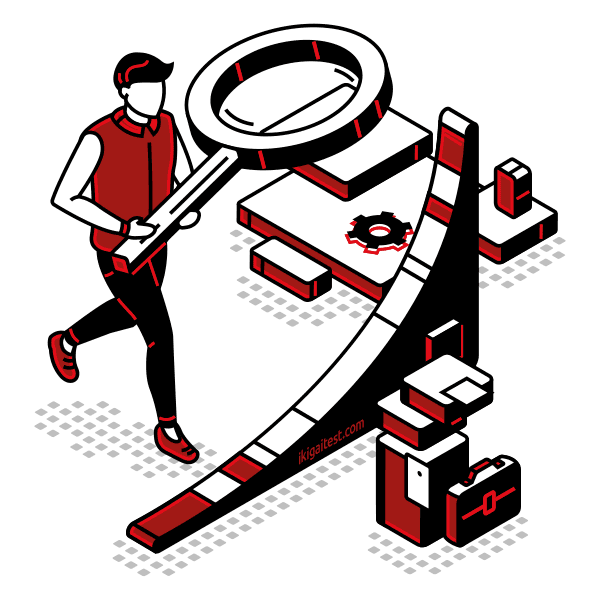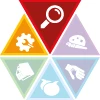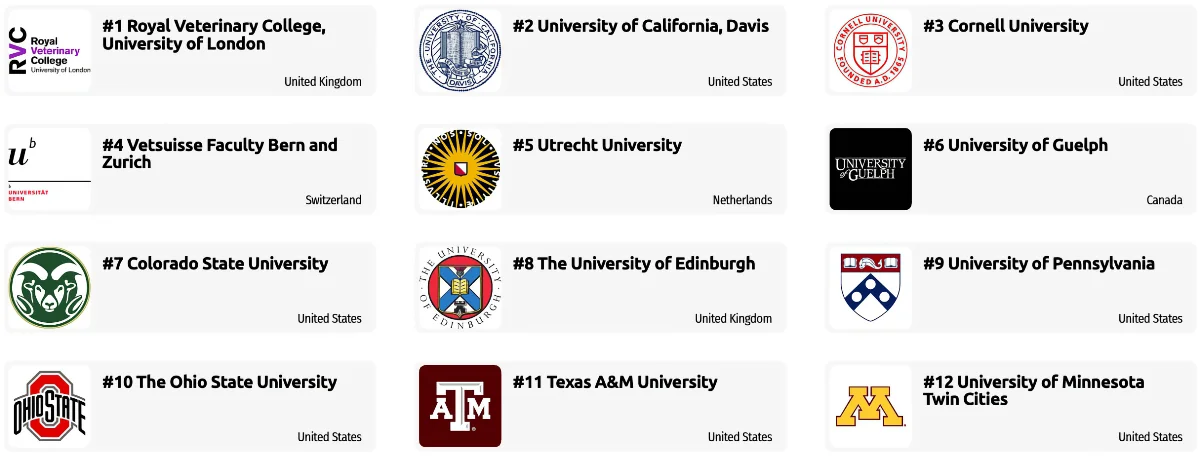Inspector

Inspectors should be great at:
- Estimating sizes, distances, and quantities; or determining time, costs, resources, or materials needed to perform a work activity.
- Observing, receiving, and otherwise obtaining information from all relevant sources.
- Identifying information by categorizing, estimating, recognizing differences or similarities, and detecting changes in circumstances or events.
- Inspecting equipment, structures, or materials to identify the cause of errors or other problems or defects.
Strategist

Most strategists should excel at:
- Establishing long-range objectives and specifying the strategies and actions to achieve them.
- Analyzing information and evaluating results to choose the best solution and solve problems.
- Developing specific goals and plans to prioritize, organize, and accomplish your work.
- Scheduling events, programs, and activities, as well as the work of others.
Other work activities related to Veterinarians
- Advising animal owners regarding sanitary measures, feeding, general caring, medical conditions, or treatment options.
- Attending lectures, conferences, or continuing education courses.
- Performing administrative or business management tasks, such as scheduling appointments, accepting payments from clients, budgeting, or maintaining business records.
- Examining animals for detecting and determining the nature of diseases or injuries.
- Treating sick or injured animals by prescribing medication, setting bones, dressing wounds, or performing surgery.
- Inoculating animals against various diseases, such as rabies or distemper.
- Collecting body tissue, feces, blood, urine, or other body fluids for examination and analysis.
- Operating diagnostic equipment, such as radiographic or ultrasound equipment, and interpreting the resulting images.
- Educating the public about diseases that can be spreading from animals to humans.
- Training or supervising workers handling or caring for animals.







